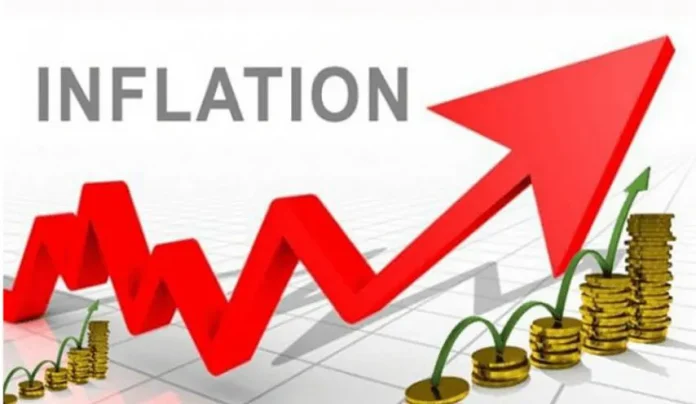Australia’s Treasurer said on Wednesday that no state or territory in the country was immune from economic headwinds including the challenge from inflation.
In a speech in Darwin, the capital city of the Northern Territory (NT), Treasurer Jim Chalmers said inflation and interest rate increase along with global challenges, will significantly slow the economy, with the growth expected to fall from 3.25 percent this year to 1.5 percent next year.
Inflation is due to fall from 7 percent recorded in the March quarter this year to 3.25 percent in 2023-24, before returning to the Reserve Bank of Australia (RBA)’s target band the year after.—Xinhua









